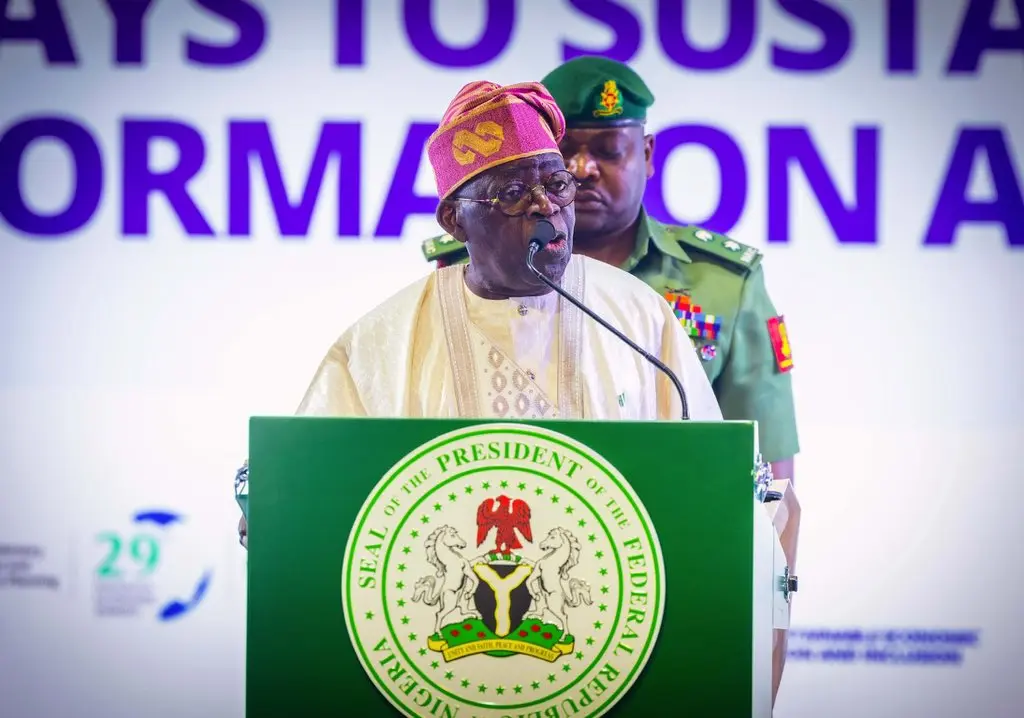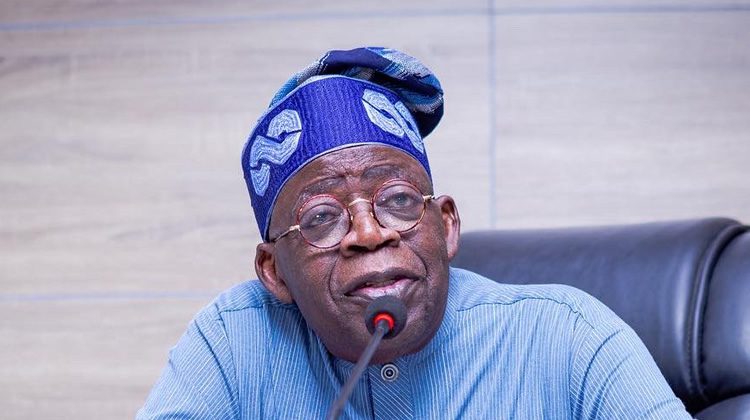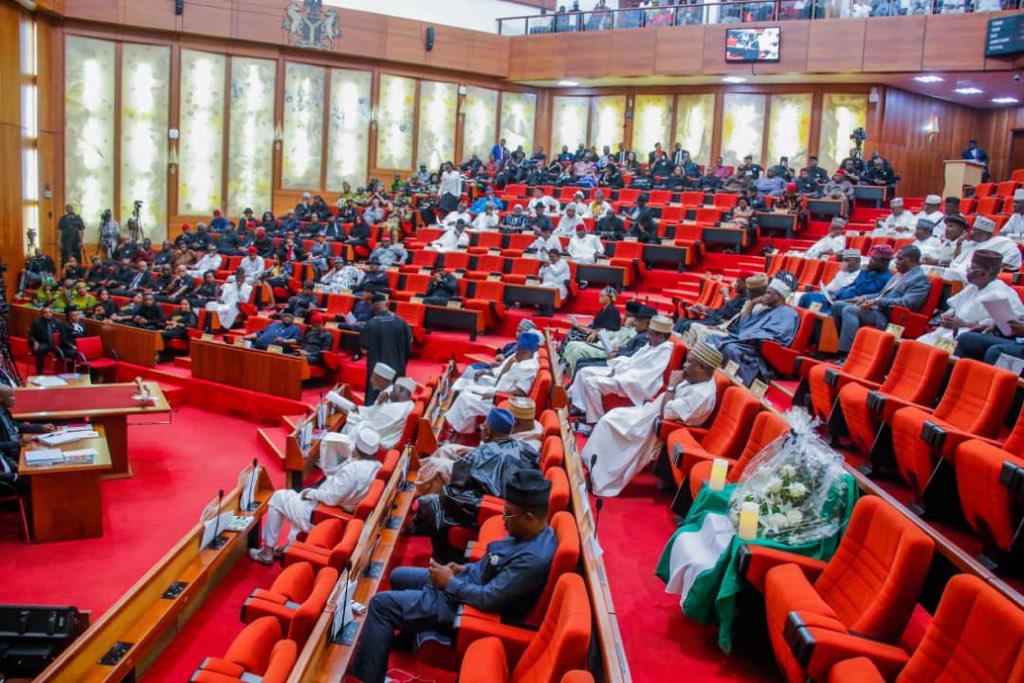President Bola Tinubu has reiterated his commitment to improving worker welfare and wages, suggesting that the minimum wage should be reviewed every two to three years instead of the current five-year interval. During a meeting with leaders of the Trade Union Congress (TUC) and the Nigerian Labour Congress (NLC) at Aso Villa, Tinubu emphasized that safe and enhanced working conditions are crucial for national progress.
“Why must we adjust wages every five years? Why not two? Why not three years? What is a problem today can be eased up tomorrow,” Tinubu stated, advocating for a pragmatic approach to wage adjustments. He also stressed the importance of realistic expectations based on the country's financial realities, noting that effective planning is essential.
The meeting, aimed at major consultations ahead of a decision on the minimum wage, is set to continue next week. Tinubu highlighted that worker welfare is a priority for his administration, asserting that “a happy worker is a productive worker.”
NLC President Joe Ajaero called for an upward adjustment to balance the minimum wage with the living wage, acknowledging the difficult conditions workers face. TUC President Festus Osifo highlighted the impact of inflation on the naira and stressed the need for government measures to alleviate the rising cost of food and transportation.
READ ALSO
NLC Pushes for N250,000 Minimum Wage Ahead of Meeting with President Tinubu
President Tinubu to Meet Labour Leaders on New Minimum Wage
Osifo pointed out that the rollout of Compressed Natural Gas-powered buses could reduce transportation costs and that suspending duties on certain food imports could lower prices if implemented correctly. Talks were adjourned to allow for broader consultation among stakeholders.
Minister of State for Labour and Employment Nkeiruka Onyejeocha, along with Ajaero and Usifoh, noted that the meeting did not discuss specific figures but was more of a consultative discussion. Minister of Information and National Orientation Mohammed Idris expressed optimism about reaching an agreement, referencing the N62,000 minimum wage proposed by the government and the private sector, though not yet accepted by organized labour.
“We’ve adjourned for a week to allow further discussions,” Idris said. “We hope that when we reconvene, we will have a workable agreement for Nigerians.”



